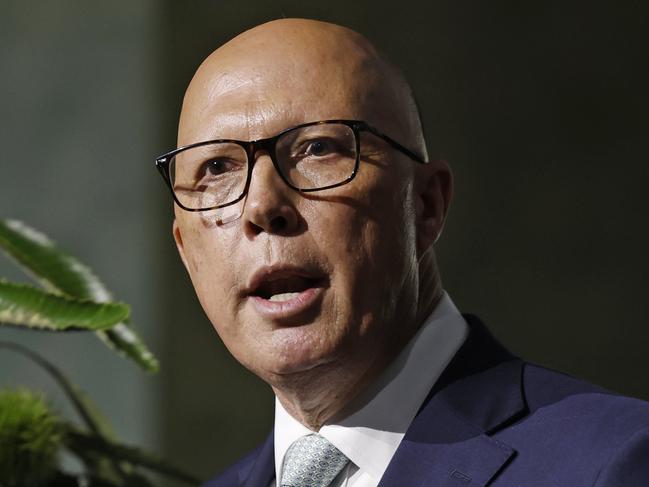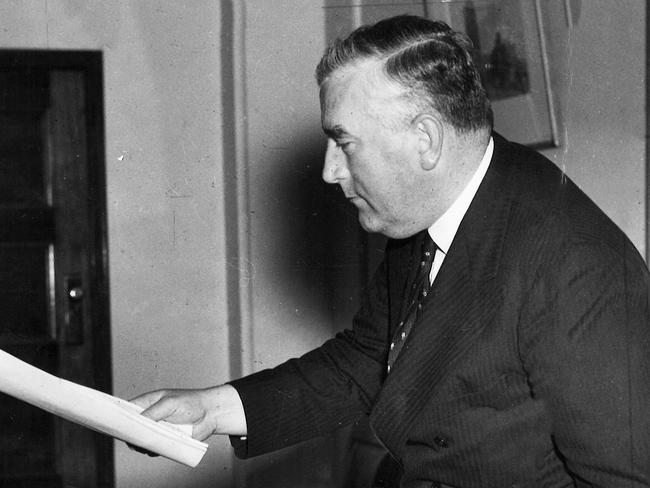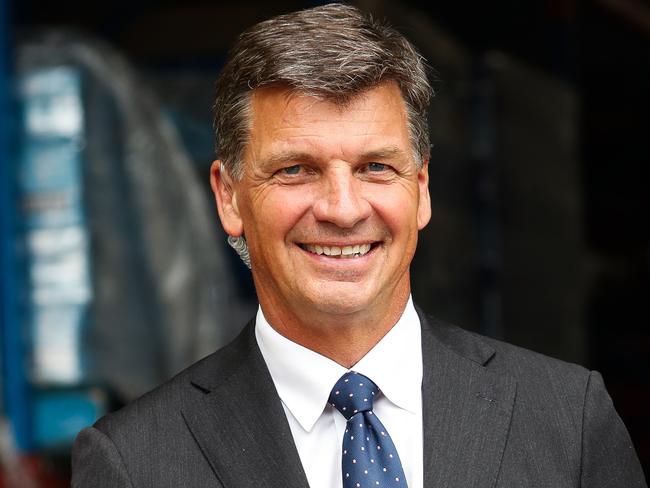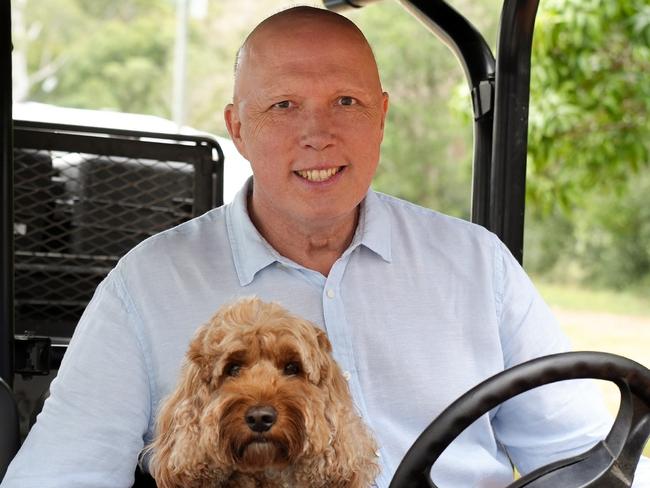Liberals point out curious shift in Australia’s coalition, question apparent rebalance of party values
The growing dominance of one set of MPs, and the importance of outer suburb seats, is causing a rift so deep some Liberals say it’s threatening the ‘DNA’ of the Coalition’s core economic principles.
First threatening to bust up the big supermarkets, and now insurers, criticising banks and attacks on corporate Australia – the Coalition has spent much of the last three years starting fights some Liberals see as antithetical to the party’s philosophies.
With suburban “middle Australia” firmly in his sights, Opposition leader Peter Dutton is only weeks away from learning whether this apparent rebalancing of Liberal values will pay electoral dividends.
“This isn’t the silver spoon Liberals any more,” one MP enthusiastic about the shift triumphantly declares.
Federal election success in the outer reaches of Melbourne, Sydney, Perth and Brisbane will be seen as an endorsement of the Dutton-lead Coalition strategy, even as some Liberals mourn the erosion of their “traditional DNA”.
Nowhere was this rift more pronounced than when the Coalition party room hosted a heated debate last July over a proposal that would give the nation’s competition watchdog divestiture powers to break up supermarket and hardware chains for repeated price-gouging
“It was like the Nationals’ tail wagging the Liberal dog,” one Liberal MP reflected this week.

At the time, those who argued the plan went against Liberal values and would not actually help competition and therefore consumers, were at least mollified by the fact the proposal was effectively limited to the grocery sector.
But concern was again triggered when Dutton this week suggested the Coalition would not be afraid to also use competition laws against insurers who unreasonably hiked up premiums.
The Nationals have long been the originator of economic interventionist populist ideas inside the Coalition, but this term several of those policies were fought for and won by Liberals.
Many in the party room attribute this to the decimation of the Liberals’ moderate flank at the 2022 election when Labor, the Greens and “teal” independents were swept into inner-city electorates.
As a result, the Coalition is now dominated by representatives from Queensland, the majority of whom sit further right than their interstate colleagues.

Of the 55 lower house seats held by the Coalition, are 21 members from Queensland, which includes both Liberal leader Peter Dutton and Nationals leader David Littleproud.
In the years since the 2008 merger of the Queensland branches of the Liberals and Nationals into the LNP, the state has become a veritable stronghold for the federal Coalition.
And while most Queensland MPs will argue the LNP is merely a state level party and are fiercely protective of their respective Liberal and Nationals brands, to their colleagues in the south and west, the growing dominance of this quasi-third member of the Coalition has not gone unnoticed.
One NSW Liberal MP observed while the LNP model had not yet permanently altered the “DNA” of the Coalition, there were “undeniably signs” of a shifting of the party’s centre.
“Ideas you would have once only heard coming from the Nationals, it’s now coming from some of the Liberals,” the MP says.
In this iteration of the Coalition, economic principles some believe are sacrosanct to the Liberals’ doctrine, are the source of much more debate.
“It’s become less Oxford, more Oxley,” one Liberal rues, in reference to the party’s storeyed history of Oxford University graduates – Malcolm Turnbull and Tony Abbott were Rhodes Scholars – and it’s focus now on appealing to voters in the outer suburbs of Brisbane.

Despite this sentiment, a recipient of the prestigious Rhodes scholarship remains influential in the Coalition’s ranks – shadow treasurer Angus Taylor.
Many business leaders have credited Taylor’s approach on divestiture for landing the Coalition in a position that was as “tolerable as could be expected”.
Taylor publicly championed the policy after it was announced in July, noting similar laws already existed in the US and UK.
One business observer credits Taylor with doing as “good a job as you can” with the legislation, noting the thresholds and safeguards around the deployment of the powers were such that they “might never be used”.
Inside the party, several MPs say the divestiture issue and other populous policies have taken hold because of external circumstances – the cost of living crisis and the vacuum left by Labor.
“There’s a reactionary part to it,” says a Queensland MP, “Labor’s centre has changed … and we’re filling a void that is not necessarily traditional Liberal territory.”
Another MP says it’s also the “nature of being in opposition” where more risky policy debates can be allowed to take place.
“That’s how you end up with nuclear,” they say.
Even as some within the party have strained against the shift, remarkably few have publicly broken ranks over the last three years.

Many MPs are quick to emphasise the critical role Dutton has played in keeping the party together and in doing so, building consensus in areas previously thought impossible.
In January Dutton was a guest on a podcast hosted by Australian Olympic diver Sam Fricker, where he revealed he has “spent a lot of time” on keeping his team united.
“I think it demands that you treat your colleagues with respect, and even on occasion where you don’t agree, I think it’s a process of talking through, and it’s also accepting that you don’t get everything right,” Dutton tells Fricker.
It’s this approach many of the MPs outside Queensland say has kept the deeper ideological debates from spilling out into the public domain and becoming a drag on voters’ perceptions of the opposition’s readiness to govern.
So has the DNA of the modern Liberal Party irrevocably changed?
One senior Liberal insists it remains rooted in the foundations established by Robert Menzies.
“We are a Coalition that I think is sceptical of big government, big unions and big business that does the wrong thing, and that’s not a new Liberal Party tradition,” they say.
“So I don’t think any of this is inconsistent with our with our past.”’
More Coverage
Originally published as Liberals point out curious shift in Australia’s coalition, question apparent rebalance of party values





